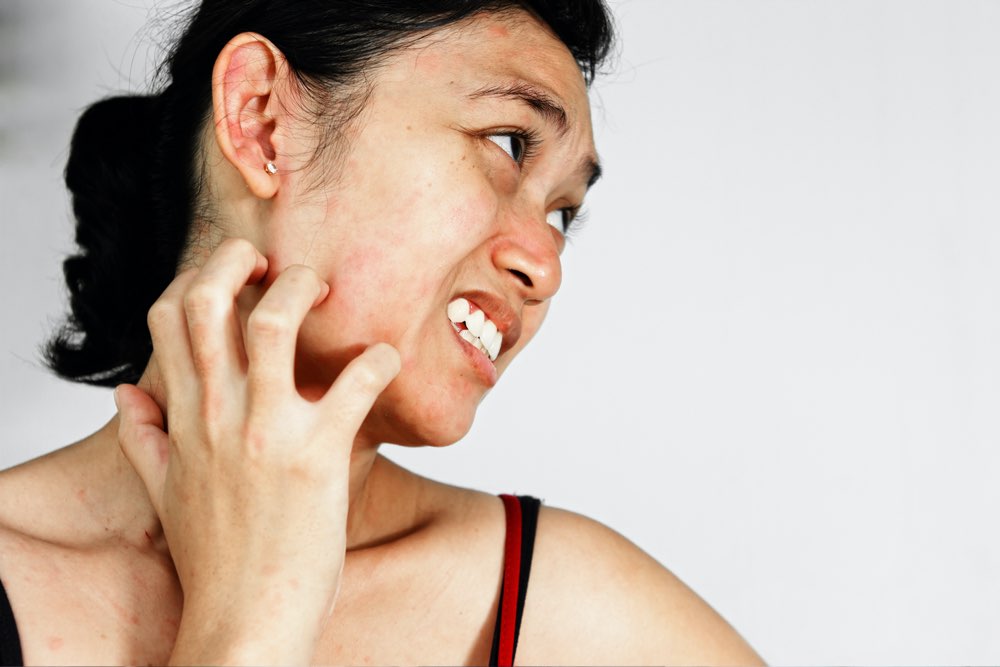Primary symptoms of night time allergies
Some allergies are seasonal, while some are year-round. Either way, these allergies may leave you sneezing, sniffing, and staying up at night. Allergies tend to worsen at night, interrupting your sleep and leaving you tired or sick the next day. Several factors influence allergies; however, there are ways to manage them. In this article, we will be discussing some symptoms of nighttime allergies and the common allergens that cause them:

Symptoms
Some common symptoms of nighttime allergies are:
- A runny nose
When you come in contact with an allergen, your body reacts to it the same way it would to a harmful type of bacteria. This leads to a stuffy, itchy, or runny nose. Additionally, you may experience itchiness on the roof of the mouth and in the eyes. - Sinusitis
Allergic reactions can cause sinusitis, which can, in turn, lead to headache, an itchy throat, wheezing, coughing, and a runny nose. It can also lead to swelling along the lining of the sinuses. - Sneezing
When allergen enters your body, especially through the nasal passage, the body reacts to it by sneezing or coughing. Sneezing is known to eliminate allergy-causing bacteria and germs from the body. - Itching
Allergens can cause itchy skin that is similar to eczema. Your skin may develop blisters, itches, and dryness. The itchiness may persist for several days depending on the severity of the allergic reaction.
Allergens
Here is a list of a few allergens and tips on how to manage them:
- Dust mites
Dust mites develop in warm environments. They feed on dead skin and live in carpeted furniture, mattresses, and pillows, among other pieces of upholstery.
What you can do : Dusting the house and furniture regularly and washing your sheets, stuffed toys, and pillows in hot water can help eliminate or reduce dust mites. Keeping the air conditioner and heater filters in check and changing them when required may also help.
- Pollen
Pollen is another common allergen that affects millions of people in the country. Despite being an outdoor allergen, pollen can travel indoors via clothes, hair, and belongings of the person who has been outdoors.
What can you do : Changing into new clothes after returning home, showering after bed, and closing all the windows can help minimize pollen entry into the house. Check your locality’s pollen count before leaving the house or drying clothes outside.
- Pet dander: People who share a bed with their pets tend to suffer from allergies caused by animal fur and saliva. People who don’t own pets can also develop allergic reactions, as dander is lightweight and can travel through air.
What can you do : Changing into a new set of clothes upon returning home, cleaning surfaces thoroughly, and forbidding a pet from licking their face are some of the many ways in which allergies can be avoided. Additionally, you should test for allergies before adopting a pet.